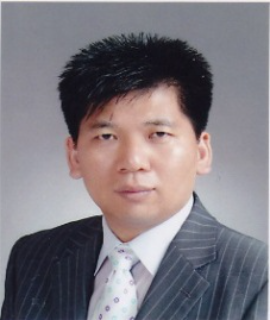Title : Enhanced Production of Stilbene Compounds in Plant and Cell Culture Systems
Abstract:
Anthocyanins and stilbenes share common phenylpropanoid precursor pathways. We previously reported that overexpression of sweetpotato R2R3-type MYB gene IbMYB1a (MYB-OX) induced anthocyanin pigmentation in transgenic Arabidopsis and tobacco plants. Here, we also generated transgenic plants overexpressing a stilbene synthase gene RpSTS to obtain a high-level production of stilbene compounds in transgenic plants. However, low levels of resveratrol compounds were produced in transgenic tobacco plants (STS-OX) plants. Therefore, to improve the production of stilbene compounds in plants, we cross-pollinated flowers of STS-OX or ROST-OX and MYB-OX transgenic lines (SM and RSM). HPLC and LC-MS analyses exhibited the increased production of stilbene compounds such as piceid, piceid methyl ether, resveratrol methyl ether O-hexoside, and 5-methyl resveratrol-3,4′-O-β-D-diglucopyranoside in SM and RSM lines. Thus, we suggest that coexpression of RpSTS and IbMYB1a via cross-pollination can induce the enhanced production of resveratrol compounds in plants by increasing metabolic flux into stilbenoid biosynthesis. In addition, as an alternative approach, we employed the cell culture system of grape (Vitis vinifera) for production of resveratrol derivatives. Here, we established the elicitation and secretion conditions for high-level production of resveratrol and its oligomers such as viniferin, a resveratrol dehydrodimer in grape cell cultures. In particular, we developed the conditional production of resveratrol and viniferin in the culture media using different solubilizers. In this presentation, our current studies will be addressed.



